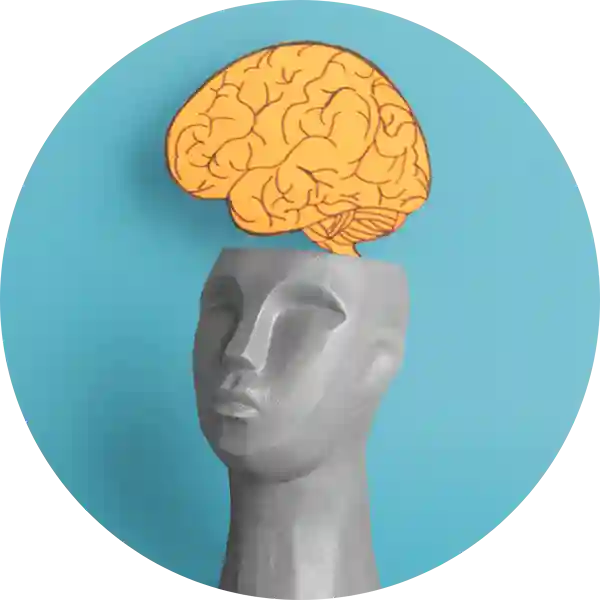Home > Verticals > Learning
Empowering Ethical, Engaged,and Outcome-Driven Learning
At Anveshana, we believe learning is more than information transfer — it’s a process of discovery, critical thinking, and growth. In today’s academic landscape, where content is abundant but attention is fragmented, institutions need smarter ways to keep students engaged, educators empowered, and outcomes measurable.
Anveshana’s Learning vertical bridges the gap between effort and impact by combining ethical AI, NEP-aligned pedagogy, and personalized learning support — all while ensuring every step in the journey is grounded in academic integrity.



